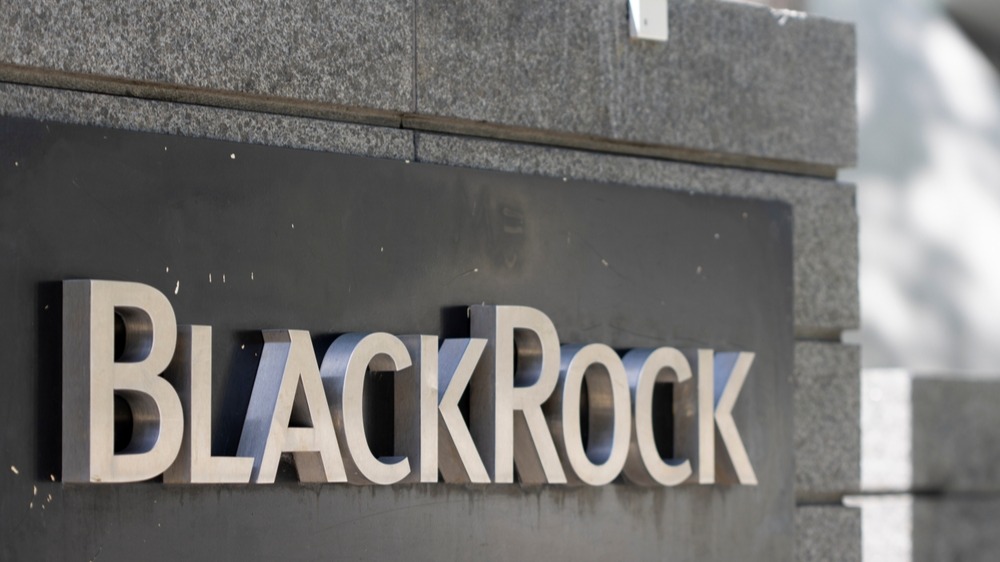Debate over who could ever replace Larry Fink as the boss of BlackRock has rumbled on for years with the recent departure another favourite from the list of potential candidates adding to questions surrounding an eventual successor to one of the most influential roles in finance globally.
Mark Wiedman's decision to leave after two decades at BlackRock marks the exit of a third top executive that was regarded as a possible successor to Fink, following the departures of Salim Ramji, now chief executive at Vanguard, and Mark Wiseman, now chairman of Lazard’s Canadian business.
It was Wiedman’s role in helping to drive the rapid growth of BlackRock’s ETF division following its acquisition from Barclays Global Investors in 2009 that ensured he was the running for the top job.
He then moved from the position of global head of iShares and index investments in 2019 to oversee BlackRock’s international business and corporate strategy before shifting in January 2023 to head of global client business.
My memories from interviews with Wiedman are of an hugely ambitious, determined and forceful individual. Typical of many other top Wall Street executives and certainly not the kind of boss that any junior would want to find themselves on the wrong side of.
At our first meeting in 2012, I vividly recall his criticism that I was a bit of an idiot for “missing the big story” about ETFs by writing articles about price wars and the rivalry between BlackRock and Vanguard which he brusquely dismissed as an issue of little concern. But the importance of that competition was obvious to see as just minutes later he roared that the objective for iShares to be "number one” for net inflows, revenue growth and asset share across every region at a time when Vanguard's ETF business was growing more quickly in the US than BlackRock.
He also predicted at the time that global ETF assets would multiply tenfold from their level of $1.8trn at the end of 2012, a projection that undoubtedly helped me to understand that ETFs would have a profound impact in transforming the investment industry worldwide.
Several senior BlackRock alumni have privately described Wiedman's departure as a real loss given his vast experience in running core operations and familiarity with key clients and my long-standing bet that he would eventually emerge as Fink’s successor has also now been busted.
BlackRock has not named a direct successor for Wiedman and has decided to set up a global partners office that will work with its largest clients including sovereign wealth funds and insurers. This new office will be jointly led by Charles Hatami, who oversees BlackRock’s Middle East business, and Stacey Mullin, global chief of staff.
Other senior BlackRock executives that are still among the runners and riders for the top job include Rob 'Goldie' Goldstein, chief operating officer who helped to build the Aladdin technology platform and Martin Small, chief financial officer and global head of corporate strategy.
Rachel Lord, head of international, is mentioned as a contender but she has indicated that she would prefer the role of president which is currently occupied by Rob Kapito. BlackRock’s acquisition this year of Global Infrastructure Partners has brought GIP president Raj Rao into the succession discussions as well.
The stability that Fink and his co-founder Kapito at the top of BlackRock contrasts with the extensive number of changes in leadership roles that have taken place at other money managers.
At least 21 new chief executives have been appointed at asset management companies globally since 2022. Even Vanguard, which is famous across the industry for its extremely long-tenured staff, has employed three chief executives in the time that Fink has been in post.
Arguably one factor in the increased churn of investment CEOs has been the extreme competitive pressures that BlackRock is exerting on its rivals with iShares ETFs pulling in billions of dollars of new business at the expense of traditional active fund management companies.
Meanwhile Fink, who turned 72 in November, shows no interest in retirement after recovering from a bout of peritonitis which required hospital treatment in 2023. He will undoubtedly look at the example of Warren Buffet who remains in post at chief executive and chairman of Berkshire Hathaway at the age of 94.
BlackRock last week reported record net annual inflows of $641bn for 2024 and record assets under management (AUM) of $11.6trn at the end of December. Net income - profits - rose 16% to $6.6bn last year.
Speaking at the results presentation, Fink declared that he did not feel any older than when BlackRock floated in 1999 as a public company on the New York Stock Exchange.
He insisted that BlackRock would continue to pursue “horizontal leadership” with “many leaders across the firm taking on new and expanded roles and responsibilities.”
But it looks likely that all of those potential leaders will have to exercise many more years of patience before Fink finally decides to bow out.



